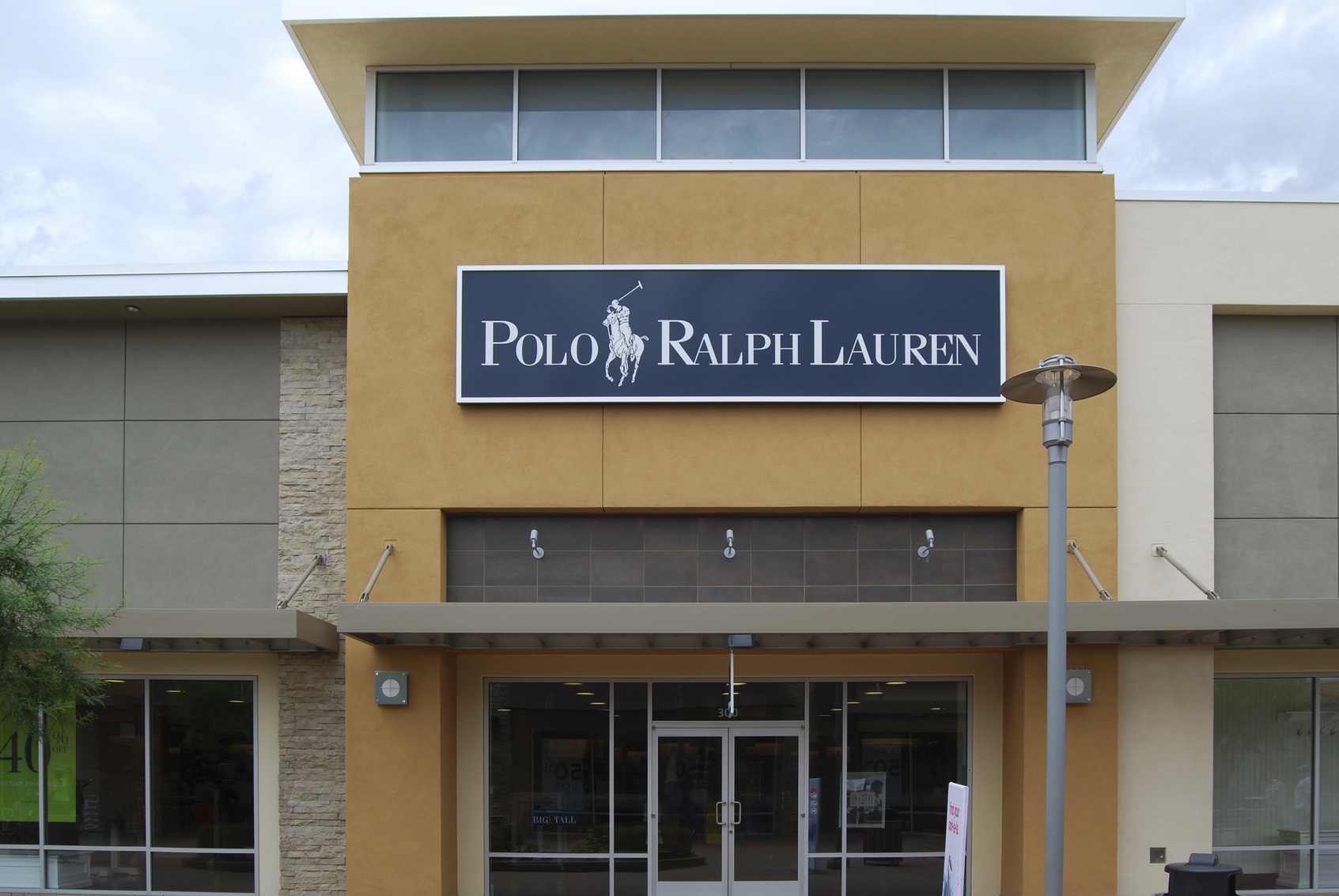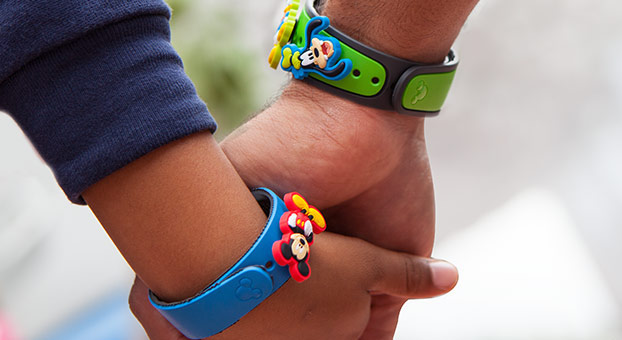What Happened
On Friday, fashion retailer Ralph Lauren unveiled a new flagship shop in L.A. that comes with an interactive handbag salon, allowing shoppers to personalize their handbag orders in colors, materials, and monograms. Each handbag in the store is tagged with an RFID chip that automatically carries over product specifications to a touchscreen when a customer brings a bag to the salon to start their customization.
What Retailers Should Do
By focusing on personalization and offering a seamless in-store experience, Ralph Lauren’s new store provides a great example of how retailers can modernize their retail experience and attract shoppers to visit. With more and more consumers choosing the convenience of online shopping over physical stores, brick-and-mortar retailers need to take the initiative in creating in-store experiences that provide added value for customers.
Source LA Times



